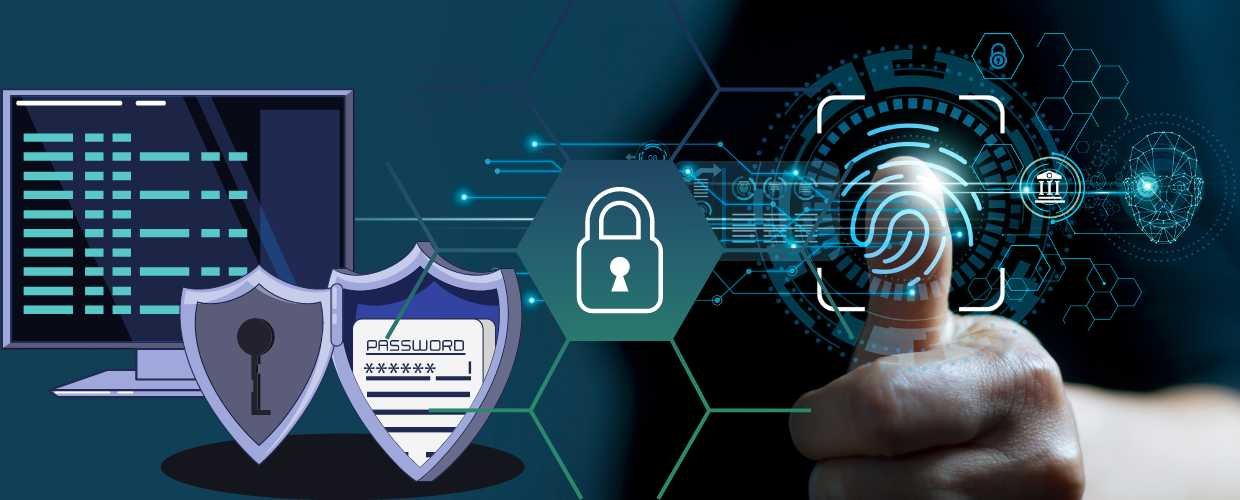In today’s digital age, where the internet is an integral part of our daily lives, ensuring online privacy has become more critical than ever. From personal communication and financial transactions to sharing photos and sensitive information, we entrust the digital realm with a wealth of personal data. However, the convenience of online activities is often accompanied by the risk of privacy breaches and data leaks.
Tips to Secure Online Privacy
Adopting a proactive approach and implementing these tech tips is essential to safeguard your online privacy. Some of the essential tech tips to secure online privacy are given below.
Strengthen Your Passwords
Passwords are the first line of defense against unauthorized access. Opt for solid and unique passwords for each online account. A robust password usually includes upper and lower-case letters, numbers, and special characters. Avoid using easily guessable information, like birthdays or names. Consider using a reputable password manager to generate and store your passwords securely.
Enable Two-Factor Authentication (2FA)
Two-factor authentication adds an extra layer of security by requiring a secondary verification step, such as a text message code or biometric confirmation, in addition to your password, which makes it significantly harder for hackers to breach your accounts, even if they manage to obtain your password.
Regular Software Updates
Keep your operating system, applications, and antivirus software up-to-date. Software updates often include patches for security vulnerabilities, which cybercriminals can exploit. Enabling automatic updates ensures you’re always protected with the latest security fixes.
Use Encrypted Connections
When browsing the internet, ensure you’re on websites that use HTTPS (Hyper Text Transfer Protocol Secure) encryption. This encryption protocol protects the data exchanged between your browser and the website, making it difficult for third parties to intercept and decipher your information.
Be Cautious with Public Wi-Fi
Public Wi-Fi networks are convenient but can be risky. Avoid accessing sensitive information, such as online banking or private emails, when connected to public Wi-Fi, as these networks are often less secure and more susceptible to cyberattacks. If necessary, consider using a Virtual Private Network (VPN) to encrypt your connection and add an extra layer of security.
Review App Permissions
When installing mobile apps, review the permissions they request. Some apps may ask for access to unnecessary information. Only grant permissions essential for the app’s functionality, and be cautious with apps that ask for access to sensitive data without a clear reason.
Protect Your Social Media Profiles
Review your social media privacy settings and limit the information visible to the public. Cybercriminals can use information from your social media accounts to target you or impersonate you. Regularly update your privacy settings and avoid sharing personal information openly.
Be Wary of Phishing
Phishing attacks involve tricking you into revealing sensitive information or downloading malware through seemingly legitimate emails, messages, or websites. Always verify the sender’s email address, avoid clicking on suspicious links, and be cautious when sharing personal or financial information online.
Secure Your Devices
Secure your devices using strong, unique passcodes or biometric authentication (such as fingerprint or facial recognition). Enable device tracking and remote wiping features to locate, lock, or erase your device in case it’s lost or stolen.
Regularly Review Privacy Settings
Regularly revisit the privacy settings of your online accounts and devices. As technology evolves, new features and settings may become available, and some existing settings might need updating to enhance your online privacy.
Limit Data Sharing
Be cautious when sharing personal information online, especially on free service platforms. These platforms often monetize user data. Consider what information is essential to share and avoid oversharing. This can enhance your online privacy.
Educate Yourself
Stay informed about the latest cybersecurity threats and best practices. The cybersecurity landscape evolves, and new threats emerge frequently. Knowing potential risks will help you make informed decisions about your online activities.
Conclusion
Securing your online privacy requires a combination of proactive measures and vigilance. Following these essential tech tips can significantly reduce the risk of falling victim to privacy breaches and cyberattacks. Remember, safeguarding your online privacy is an ongoing process that demands your attention and dedication to staying informed and implementing best practices. Your digital life, personal information, and online interactions are valuable assets – protecting them should always be a top priority.










